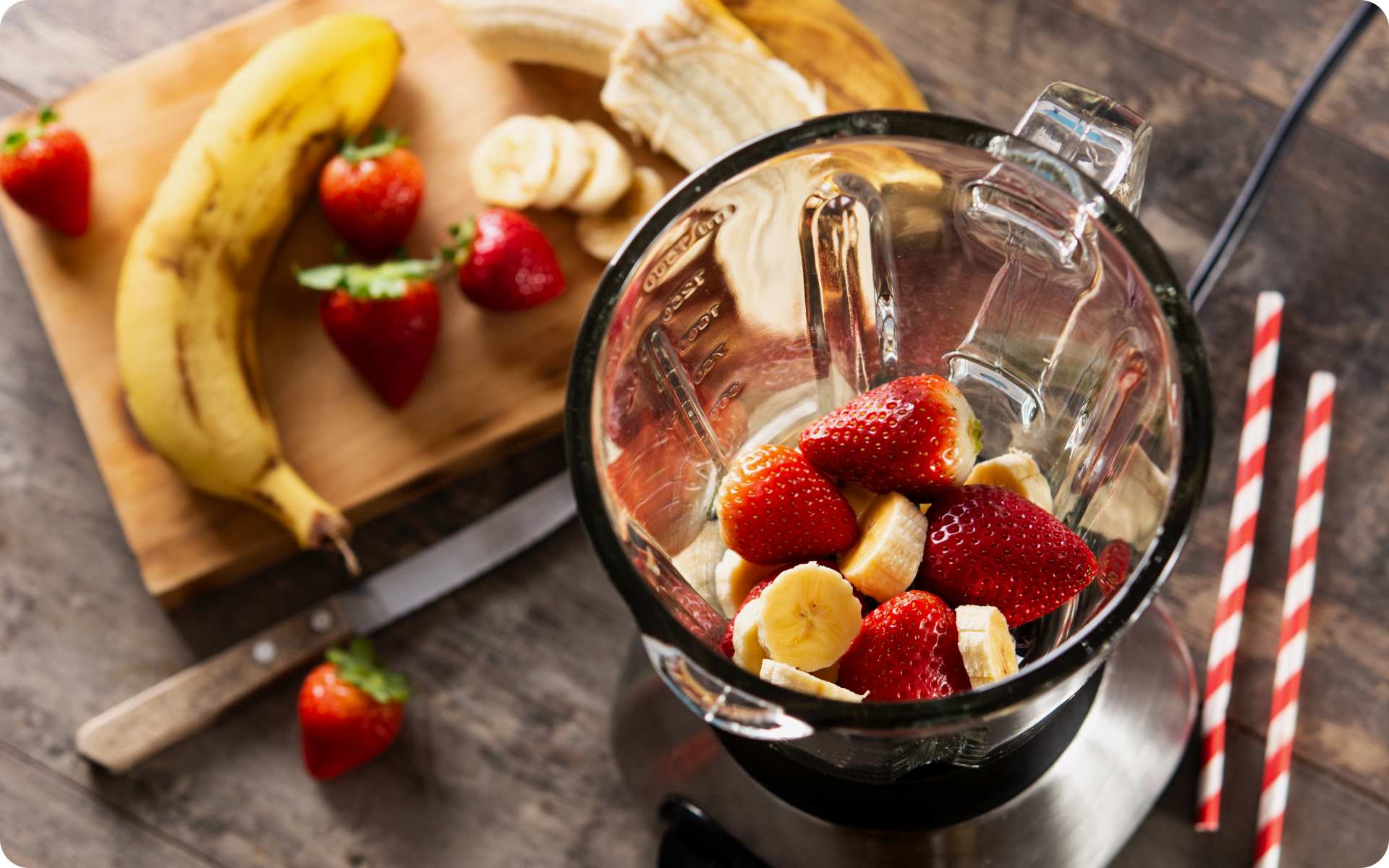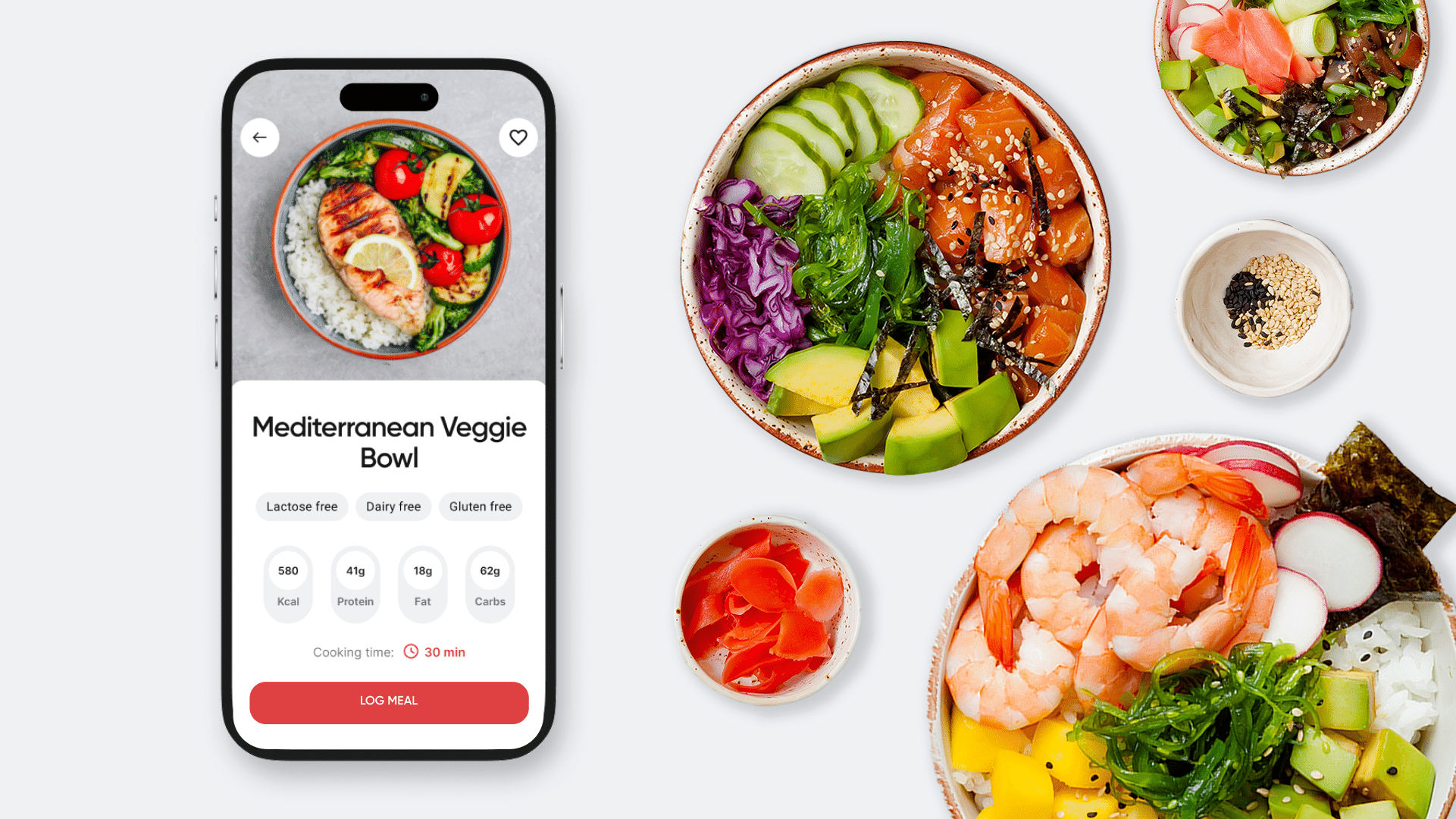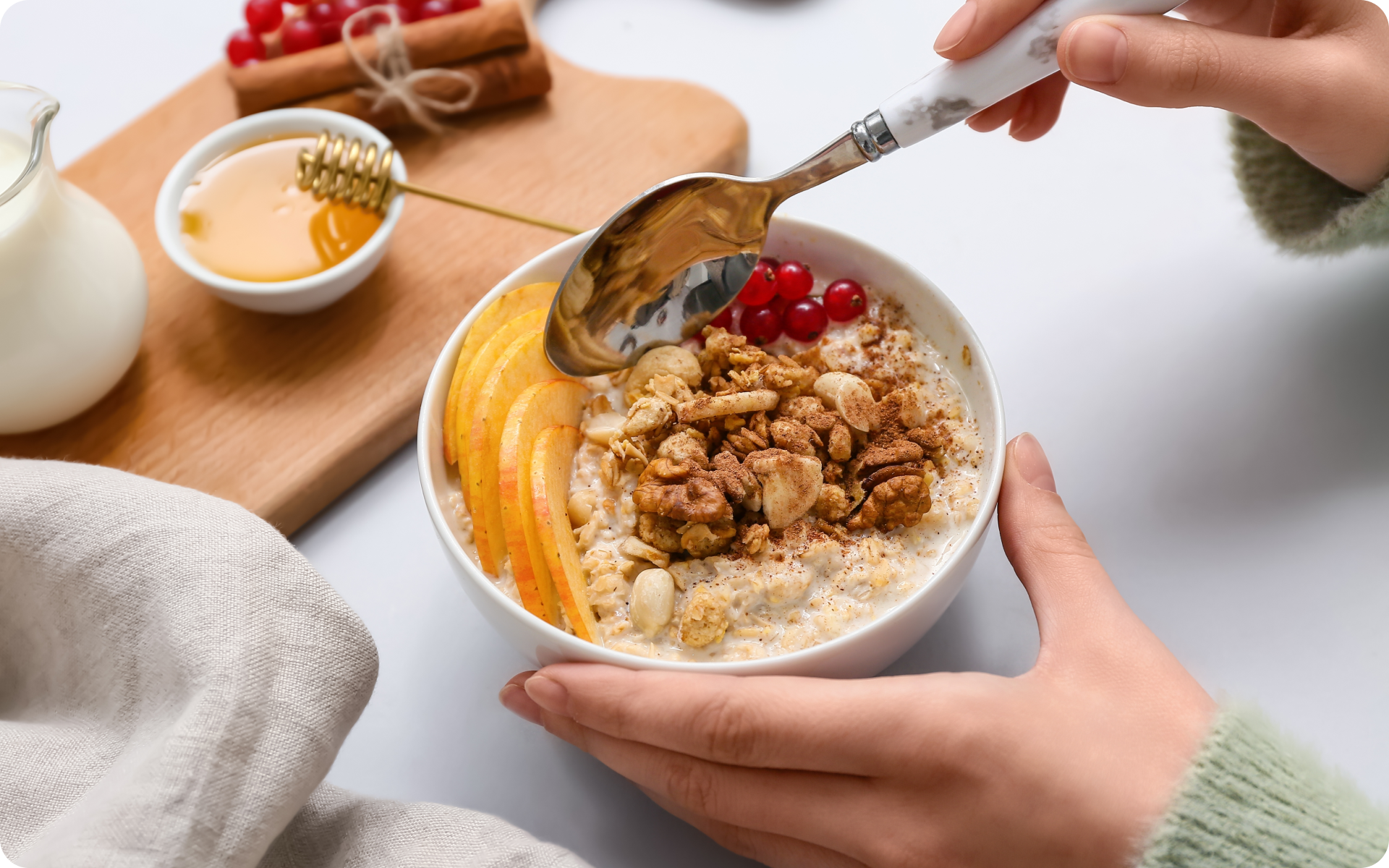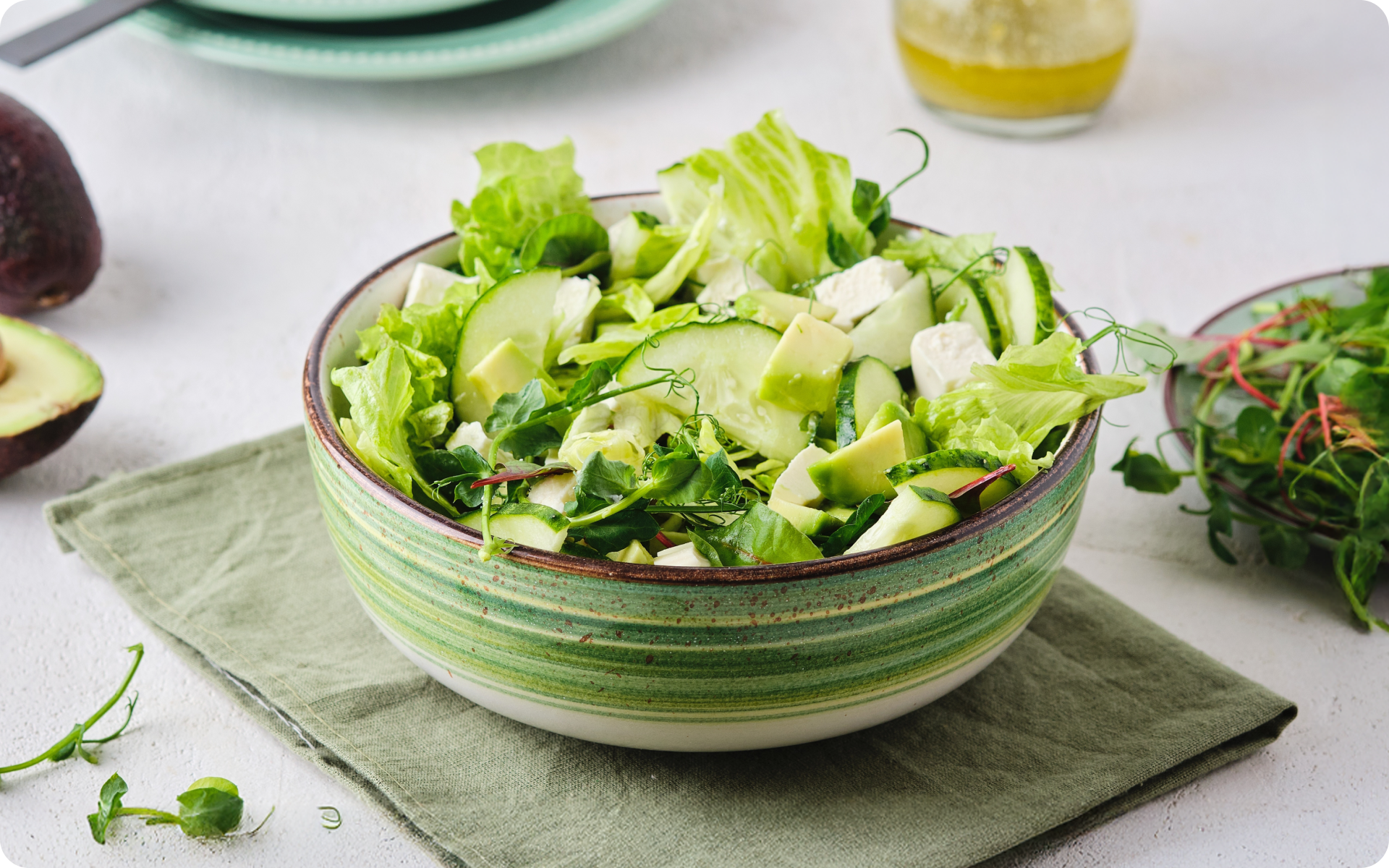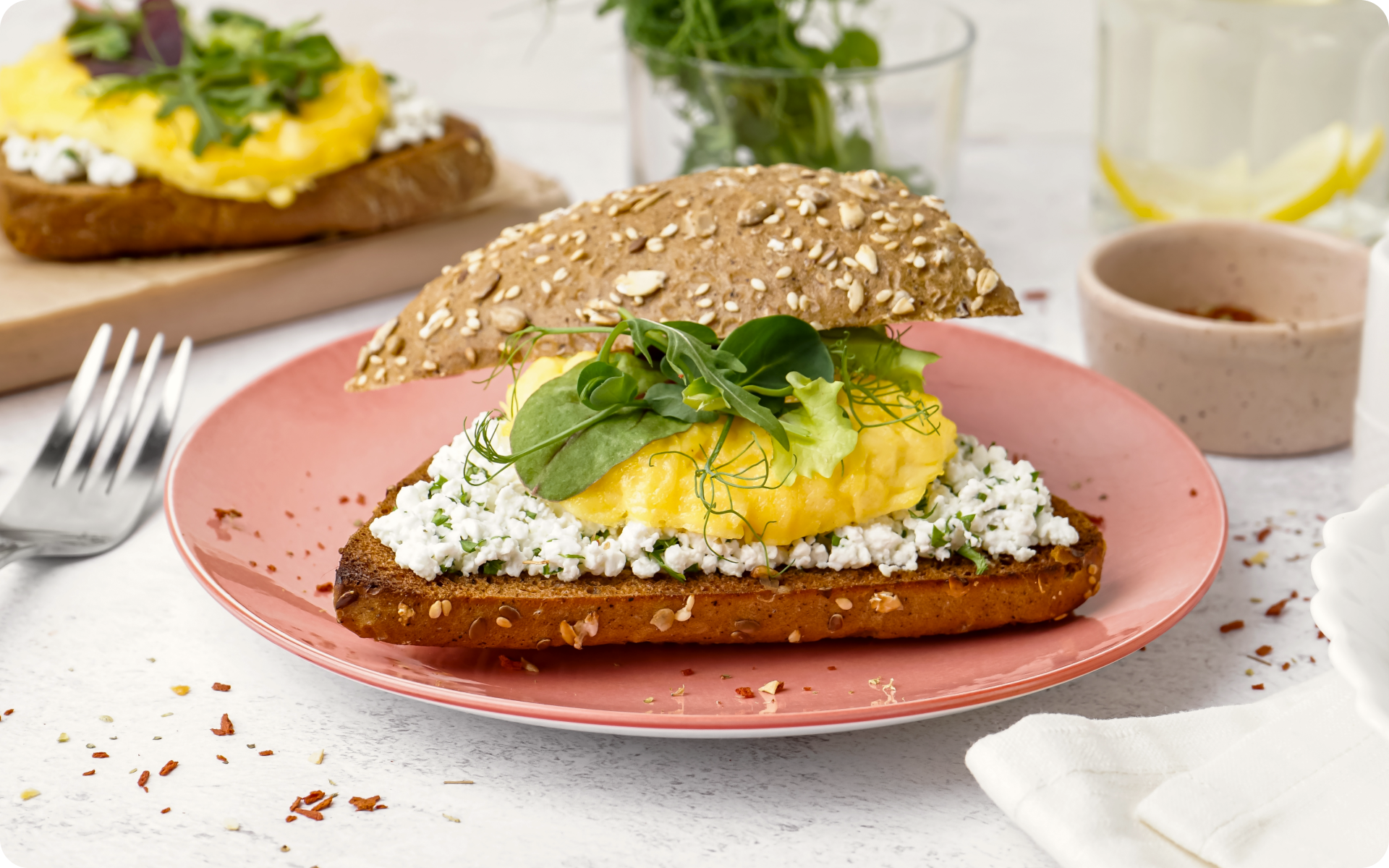Can you lose weight and have enough energy to sustain you on a 900-calorie diet? How many pounds can you lose by consuming 900 calories a day? Is the 900-calorie weight loss eating plan worth trying out? These are questions anyone who is trying to kickstart their weight loss might wonder.
When it comes to shedding those extra pounds, many of us understand that food is a primary culprit in weight gain. In an effort to combat bad eating habits, or fit in those tight jeans in just two weeks, many people make drastic changes to their eating plan. A 900-calorie diet plan is one way that some people may consider.
But is this diet really worth it or are there better and still effective options out there? Let’s find out!
What Does a 900-Calorie Diet Look Like?
This eating plan is exactly what it sounds like. Anyone who participates in it is required to limit their caloric intake to approximately 900 calories each day. To do this they either:
- Consume 300 calories per meal, i.e., breakfast, lunch, and dinner.
- Try intermittent fasting and have two slightly bigger meals a day – each consisting of approximately 450 calories.
- Some people can even go to extremes and try the OMAD diet (one meal A day), where they eat a 900-calorie meal once per day.
To keep their energy intake low, people generally drink either water or black unsweetened coffee to curb hunger. They can also drink unsweetened black tea, green tea, oolong tea, or herbal tea.
Anything apart from these listed options could contain extra calories that will make you go above the 900-calorie limit. To keep track of how much energy you’re ingesting, it is recommended that you use a trusted calorie-counting app to keep track of your food and drink intake.
Is a 900-Calorie Diet Safe?
No, it is not for most people. The 900-calorie diet plan can be referred to as a very low-calorie diet. Very low-calorie diets, aka VLCDs, are eating plans that restrict caloric intake to 800 to 900 calories per day. For an adult, such small quantities of food cannot give you enough energy to properly sustain you.
The recommended calorie intake for different individuals is determined by several factors, including age, sex, lifestyle, level of physical activity done in a day, and height (3). It is also estimated that the average woman should eat around 2,000 calories per day to maintain her weight and the average man should eat approximately 2,500 kcal a day to maintain his weight.
If you want to shed some weight and lose approximately 1 pound per week, you can cut 500 kcal from your daily calorie intake, meaning men and women would consume around 2,000 kcal and 1,500 kcal, respectively (3).
If you want to try limiting your intake even further in the hope of perhaps quickening the weight loss process, Harvard Health Publishing warns that in general, women should not consume fewer than 1,200 calories a day, while men should not go below a daily calorie limit of 1500 calories (2).
Therefore, it’s clear to see that a 900-calorie diet is too little for any adult, unless it is recommended and supervised by a doctor.
BetterMe is your fast-track ticket to a long-lasting weight loss! Tailor your fitness journey and maximize your results with just a couple of swipes!
What Are the Side Effects of Eating a 900-Calorie Diet?
Going below the recommended caloric intake has multiple possible side effects, both short-term and long-term. Some short-term effects that you may experience include fatigue, constipation or diarrhea, nausea, a dry mouth, cramps, headaches, and dizziness, in addition to feelings of extreme hunger.
While the above symptoms may disappear in a matter of a couple of weeks, some people end up experiencing more long-term and severe side effects, such as:
- Gallstones. These are pieces of solid material that form in your gallbladder. When you don’t eat enough or lose weight quickly, the liver secretes more cholesterol into bile, which can then form gallstones. Rapid weight loss can also prevent the gallbladder from emptying, which puts you at a higher risk of gallstones (6).
A year-long study published in the International Journal of Obesity found that participants who consumed very low-calorie diets (less than 1200 calories) were 3 times more likely than those on more moderate low-calorie diets to end up with symptomatic gallstones requiring hospitalization or cholecystectomy (21).
- Nutrient deficiencies. They occur when the body doesn’t absorb or get enough vitamins, minerals, and other nutrients from food. These nutrients are essential for both body development and disease prevention. Without them, we are at a higher risk of numerous health issues.
In a study of popular low-calorie weight loss diets, researchers concluded that people who followed such eating plans were likely to become micronutrient deficient – something that may significantly increase their risk of debilitating health conditions and diseases (20).
As you’re eating a very small amount of food, it’s harder for you to eat enough of a variety of foods to give you all the nutrients you require for a healthy life and general well-being.
What Diet Is Better Than a 900-Calorie Diet?
As seen above, the 900-calorie diet is a risky diet that may cause more harm than good to those hoping to try it. Instead of using such a diet for weight loss, here are some better options that could help you reach your goals in a safe and healthy way:
The Mediterranean Diet
This is a primarily plant-based eating plan that recommends a daily intake of whole grains, olive oil, fruits, vegetables, beans and other legumes, nuts, and a variety of herbs and spices. Fish is eaten often, but other animal products such as meat and dairy are more limited.
Research has suggested that such an eating plan has anti-inflammatory and antioxidant properties that make it beneficial in reducing the risk of cardiovascular diseases, metabolic diseases, and cancer (25). It can also help you achieve and maintain a healthy weight and is safe and realistic to follow in the long term.
Vegan Diet
This is an entirely plant-based diet that prohibits the consumption of all animal products such as meat, fish, eggs, dairy products, and honey. While some choose veganism for ethical or environmental reasons, others look to the vegan diet for weight loss.
A systematic review of plant-based diets found that such eating plans can improve weight status in some people, largely due to reduced fat intake and reduced calorie intake (8).
Another review on plant-based diets found that not only can they be used to help treat obesity, but they can also help prevent and treat other chronic illnesses such as type 2 diabetes and hypertension (19).
Intermittent Fasting
This isn’t a diet per se, but rather a meal-timing schedule that blocks some hours for fasting and others for eating, generally resulting in overall lower calorie intake. A systematic review of studies over a 19-year period showed that this eating pattern can help with weight loss and shows incredible promise for the treatment of obesity – at least in the short term (12).
At the end of the day, regardless of the diet you choose, you can’t lose weight if you’re eating too much or too little. To determine how much you should be eating to lose weight, use a reputable calorie-counting app.
Read more: 7-Day Weight Loss Low-Carb Diet: Choose High-Protein, High-Fiber, or Ultra-Low-Carb
What to Eat on a 900-Calorie Diet
If you’re insistent on trying this eating plan and are being medically supervised while doing so, here are some foods you should ensure to add to your diet. While we cannot guarantee that these foods will reduce your chances of experiencing the above side effects, they can help make sure that you have more of a balanced diet, which is much better for you
Complex carbohydrates
These include foods such as whole wheat, brown and wild rice, oats, and quinoa. Not only do they have more nutrients than refined carbohydrates, they also have more fiber, which makes them more filling and great for digestive and heart health (4).
Fruits
They are an excellent source of essential vitamins and minerals, they’re high in fiber, and also provide a wide range of health-boosting antioxidants that help reduce the risk of chronic illnesses and help with body weight management (10).
As some fruits are high in calories, something that the 900-calorie diet limits, you can try low-calorie fruits such as lemons, strawberries, grapefruits, blackberries, blueberries, and pineapples.
Dark leafy greens
Not only are they low in calories, carbs, sodium, and fat, they also have high levels of fiber, iron, magnesium, potassium, and calcium (5). Popular examples of dark leafy greens include bok choy, arugula, Swiss chard, kale, collard greens, and romaine lettuce.
Lentils and legumes
They’re naturally low in fat, are practically free of saturated fat, and provide fiber, protein, complex carbohydrates, B vitamins, iron, copper, magnesium, manganese, zinc, and phosphorus (13).
Lean protein
Proteins are a big part of very low-calorie diets. A high-protein diet helps with weight loss by increasing satiety hormones while reducing levels of the hunger hormone, ghrelin. Proteins also boost your metabolism slightly, which makes you burn a few more calories (26). Lean proteins are better as they have less saturated fat.
Oily fish
Examples include trout, tuna, salmon, mackerel, herring, sardines, and pilchards. They are rich in protein and omega-3 polyunsaturated fatty acids, which help reduce inflammation and may help lower the risk of heart disease, cancer, and arthritis (11).
All kinds of vegetables
Dark leafy greens are not the only vegetables you should consume on the 900-calorie diet. It would be best if you tried to get your hands on as many vegetables and fruit as you can.
A fruit and vegetable-rich diet can help lower blood pressure, reduce the risk of heart disease and stroke, prevent certain types of cancer, lower the risk of eye and digestive problems, and positively affect blood sugar levels, which can help keep your appetite in check (28).
What Does a 900-Calorie Diet Look Like?
If you want to try this eating plan and are being medically supervised while doing so, here are some 1-day sample menus for a 900-calorie diet.
Sample of a 900-Calorie Diet Menu
Meal 1 – Sausage potato pie
340 g lean ground sausage, 28 g shredded potatoes, 1 cup shredded cheese, 2 cups shredded kale, 6 eggs, 1/2 cup milk, 1 and 1/2 tsp mixed dried herbs, salt and pepper to taste.
Serve with 1 cup of unsweetened soy milk.
Please note that the pie recipe makes 6 to 8 servings (22).
Calories for one serving: 342. Fat: 14.4 g, Proteins: 28 g, Carbs: 21.8 g
Meal 2 – Tuna and chickpea salad
425 g canned chickpeas, 142 g chunky light tuna packed in water, 1 large red bell pepper, 1/2 cup chopped red onion, 1/2 cup chopped parsley, 2 tbsp capers, 1/4 tsp salt, 8 cups mixed salad greens, black pepper to taste
The above ingredients make 4 servings (17).
Calories for one serving: 306. Fat: 15.9 g, Proteins: 14.8 g, Carbs: 28.5 g
Meal 3 – Tuna, egg, and asparagus salad
1 large egg, 100 g asparagus, 80 g tuna packed in water, 1/2 small red onion, 62.5 g cannellini beans, juice and zest from 1/4 lemon (half if you like lemons), 1 tsp chopped dill, 1/2 tsp olive oil
Calories: 279. Fat: 10 g, Proteins: 33 g, Carbs: 12 g
Total Intake for the Day: Calories: 927. Fat: 40.3 g, Proteins: 75.8 g, Carbs: 62.3 g
If you’ve mustered up the courage to crush your weight loss goal, let Betterme take the sting out of this demanding process. Our app will help you restructure your habits, remold your life and crank up your fitness results!
Keto 900-Calorie Diet Plan
Meal 1 – Breakfast
2 medium-sized boiled eggs, 2 tbsp mayonnaise, 1/2 medium-sized avocado
Calories: 456. Fat: 42 g, Proteins: 13 g, Carbs: 7 g.
Meal 2 – Homemade keto pizza
For the crust – 113 g ground chicken, 40 g shredded mozzarella, 30 g shredded parmesan cheese, 1/4 tsp Italian seasoning, 1/4 large egg, salt and pepper to taste.
For the sauce – 12.5 g mayonnaise, 19.2 g sour cream, a pinch of dried chives, dried parsley, dried dill, and garlic powder. Add onion powder, salt and pepper to taste
Pizza topping – 28 g mozzarella cheese, 85 g plum tomatoes, 0.75 slices no-sugar bacon
This recipe makes 2 servings (1).
Calories for one serving: 284. Fat: 23 g, Proteins: 18 g, Carbs: 2 g.
Meal 3 – Tomato feta soup
1 tbsp olive oil, 20 g chopped onion, 1 garlic clove, 1/4 tsp salt, a dash of black pepper, 1/4 tsp dried oregano, 1/2 tsp dried basil, 1/2 tbsp tomato paste, 5 tomatoes, 375 g water, 39.66 g heavy cream, 78.86 g crumbled feta cheese (7)
Calories: 170. Fat: 13 g, Proteins: 4 g, Carbs: 10 g.
Total Intake for the Day: Calories: 910. Fat: 78 g, Proteins: 35 g, Carbs: 19 g.
Vegan 900-Calorie Diet
Meal 1 – Tofu scramble with a blueberry smoothie
For the scramble – 225 g firm tofu, 1/4 tsp salt, 1/4 tsp turmeric powder, 1/8 tsp ground black pepper (27)
For the smoothie – 1 scoop plant protein powder, 1 cup unsweetened almond milk, 1/2 cup blueberries
Calories: 272. Fat: 9.7 g, Proteins: 32.3 g, Carbs: 18.1 g.
Meal 2 – Sweet potato and miso soup
4 tbsp cooking oil, 6 finely chopped spring onions, 2 thumb-sized ginger pieces, 2 garlic cloves, 2 tbsp white miso paste, 500 g cubed sweet potato, 750 ml low sodium vegetable broth, 2 large handfuls of kale (23)
Calories: 242. Fat: 6 g, Proteins: 10.1 g, Carbs: 33.3 g.
Meal 3 – Maple-cumin tofu with farro
1 cup farro, 3 cups low-sodium vegetable broth, 1 can black beans, 1 tbsp olive oil, 225 g cubed extra firm tofu, 2 tbsp soy sauce, 1/4 tsp fresh minced ginger, 1/2 tsp garlic powder, 1/2 tsp cumin, 1 medium-sized carrot, 1 tbsp maple syrup, 1 red bell pepper, 2 cups broccoli florets (16).
Calories: 381. Fat: 6.9 g, Proteins: 18.3 g, Carbs: 62.4 g.
Total intake for the Day: Calories: 895. Fat: 22.6 g, Proteins: 60.7 g, Carbs: 113.8 g.
How Much Weight Will You Lose on a 900-Calorie Diet?
There’s no way to tell how much an individual can lose while on any diet, let alone the 900-calorie diet. The amount of weight you can lose is not dependent on diet alone, but also several factors such as starting weight, usual eating habits, exercise, and metabolism.
While all the 900-calorie diet results you see online may seem exciting, you should keep in mind that there’s no guarantee that you’ll experience the same results. You should also know that this diet is not sustainable. Most of us would not be able to sustain a 900-calorie diet plan for more than a week, let alone for an entire month, without medical support.
Rapid weight loss is also not healthy, and its results are difficult to maintain over time. According to the CDC, a gradual and steady weight loss of 1 to 2 pounds per week is more likely to be maintained (14). This is achieved through a calorie deficit of 500 to 1,000 calories a day – 3,500 to 7,000 cals a week – and exercising for at least 30 minutes a day.
Read more: 24 Weight Loss Smoothies, 2 Diet Plans, and 5 Belly Fat Smoothie Secrets
Who Should Eat a 900-Calorie Diet?
As stated above, this eating plan is not safe for most people and should be avoided. However, certain exceptions apply, but only under strict medical supervision. Doctors sometimes recommend very low-calorie diets to obese and severely obese people who have certain medical conditions, those who are going to have surgery, or those who are preparing for fertility treatment (24).
Why Am I Not Losing Weight on a 900-Calorie Diet?
Here are some reasons why this eating plan isn’t giving you the results that you desire:
You’re not eating enough
As mentioned above, this diet is incredibly low in calories for both men and women. When you don’t eat enough, your body may assume that you’re starving and go into ‘starvation mode’. To protect you from this assumed starvation, your body holds on to fat to save you from wasting away.
Your metabolism has slowed down
Metabolism is the process by which your body converts food and drink into energy. Anyone with a fast metabolism burns more calories when working out and even when resting, whereas someone with a slow metabolism burns fewer calories at rest and during exercise.
When you eat too few calories, this interrupts your metabolism. As stated above, your body thinks that food is scarce and that it should conserve energy. It slows down metabolic processes so that the energy you have stored lasts longer. This can make it more difficult to lose weight.
Muscle loss
Without enough food to turn into energy, your body turns to the muscle, which it starts burning to give you energy. Muscle uses more calories than fat when at rest, so a loss of muscle means you will be burning fewer calories.
You’re at a weight loss plateau
At the start of this eating plan or any other calorie deficit diet, your weight will fall off quite fast, but it will stop after a while. This is typically caused by muscle loss and a slower metabolic rate.
FAQs
Which diet is most successful For weight loss?
A healthy, balanced diet with a moderate calorie deficit is what’s best for weight loss. Plant-based diets such as veganism, vegetarianism, a Mediterranean diet, or even a simple balanced diet that doesn’t cut out any food groups will work.
Just be sure that it is a moderate deficit (500 to 1,000 kcal less a day) and if you can, add working out to your routine. Exercise helps build more muscle and burns extra calories, which helps greatly with weight and fat loss.
Which food is best for weight loss?
There is no one type of food that’s best for weight loss. A diet that includes the foods listed in the ‘what to eat on a 900-calorie diet’ guide will work as long as you eat balanced meals with a variety of foods from all food groups and create a moderate calorie deficit.
How can I slim my body in 7 days?
This is perhaps not the answer you want to hear, but unless you’re going under the knife for weight loss surgery, there’s no way to slim your body in 7 days. Healthy and sustainable weight loss takes months and sometimes years of dedication and work to achieve.
Which diet has the highest success rate?
Many experts say that the Mediterranean diet is considered to be the best and most successful diet. It has the most scientific evidence supporting its health benefits, and it is both safe and realistic to stay on in the long term.
Can the no-sugar diet help with weight loss?
Yes, it can. Added sugars are something that should be limited for optimal health and they also add extra calories to your diet, which can lead to weight gain. Eliminating added sugars could help kickstart your weight loss.
The Bottom Line: Is a 900-Calorie Diet Worth It?
No, it’s not. Despite the rapid weight loss that may be achieved on this eating plan, the side effects are not worth it. You would be taking risks with your health while trying to shed a couple of pounds.
Remember that the absolute lowest recommended calorie intake per day for most women and men is 1,200 and 1,500 cals, respectively. Any diet that is lower in calories than these figures should be done strictly under medical supervision and for specific health reasons.
If you want to try this eating plan or think that you’re eligible for it, you should first consult a doctor for advice on the way to progress.
DISCLAIMER:
This article is intended for general informational purposes only and does not serve to address individual circumstances. It is not a substitute for professional advice or help and should not be relied on for making any kind of decision-making. Any action taken as a direct or indirect result of the information in this article is entirely at your own risk and is your sole responsibility.
BetterMe, its content staff, and its medical advisors accept no responsibility for inaccuracies, errors, misstatements, inconsistencies, or omissions and specifically disclaim any liability, loss or risk, personal, professional or otherwise, which may be incurred as a consequence, directly or indirectly, of the use and/or application of any content.
You should always seek the advice of your physician or other qualified health provider with any questions you may have regarding a medical condition or your specific situation. Never disregard professional medical advice or delay seeking it because of BetterMe content. If you suspect or think you may have a medical emergency, call your doctor.
SOURCES:
- BACON RANCH KETO CHICKEN CRUST PIZZA (2020, lowcarbyum.com)
- Calorie counting made easy (2020, health.harvard.edu)
- Calories (2022, ncbi.nlm.nih.gov)
- Carbohydrates (2023, heart.org)
- Dark Green Leafy Vegetables (2013, ars.usda.gov)
- Dieting & Gallstones (2017, niddk.nih.gov)
- EASY TOMATO FETA SOUP RECIPE – LOW CALORIE, LOW CARB, KETO (2018, cookinglsl.com)
- Effects of Plant-Based Diets on Weight Status: A Systematic Review (2020, ncbi.nlm.nih.gov)
- Global Burden of Nutritional Deficiencies among Children under 5 Years of Age from 2010 to 2019 (2022, ncbi.nlm.nih.gov)
- Health Benefits of Fruits and Vegetables (2012, ncbi.nlm.nih.gov)
- Health Benefits of Oily Fish: Illustrated with Blue Shark (Prionace glauca), Shortfin Mako Shark (Isurus oxyrinchus), and Swordfish (Xiphias gladius) (2023, mdpi.com)
- Intermittent fasting and weight loss (2020, ncbi.nlm.nih.gov)
- Legumes: Health Benefits and Culinary Approaches to Increase Intake (2015, ncbi.nlm.nih.gov)
- Losing Weight (2020, cdc.gov)
- Main nutritional deficiencies (2022, ncbi.nlm.nih.gov)
- Maple-Cumin Tofu With Farro (2017, popsugar.com)
- Mediterranean Tuna Antipasto Salad (n.d, eatingwell.com)
- Micronutrient deficiency in obese subjects undergoing low calorie diet (2012, ncbi.nlm.nih.gov)
- Plant-based diet for obesity treatment (2022, frontiersin.org)
- Prevalence of micronutrient deficiency in popular diet plans (2010, jissn.biomedcentral.com)
- Risk of symptomatic gallstones and cholecystectomy after a very-low-calorie diet or low-calorie diet in a commercial weight loss program: 1-year matched cohort study (2013, nature.com)
- six ingredient sausage potato pie (2014, pinchofyum.com)
- Sweet potato and miso soup (2019, olivemagazine.com)
- The impact and utility of very low-calorie diets: the role of exercise and protein in preserving skeletal muscle mass (2023, ncbi.nlm.nih.gov)
- The Mediterranean Diet: An Update of the Clinical Trials (2022, ncbi.nlm.nih.gov)
- The role of protein in weight loss and maintenance (2015, sciencedirect.com)
- Tofu Scramble (2020, simpleveganblog.com)
- Vegetables and Fruits (n.d, hsph.harvard.edu)
